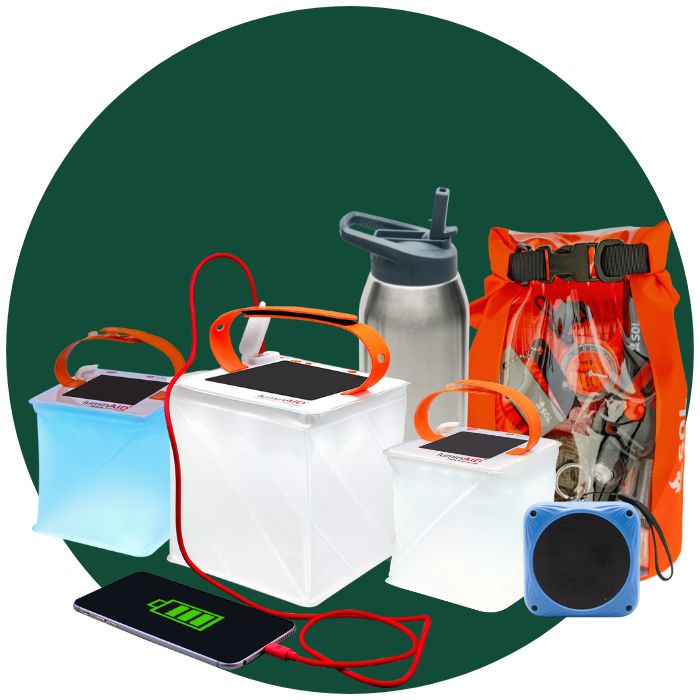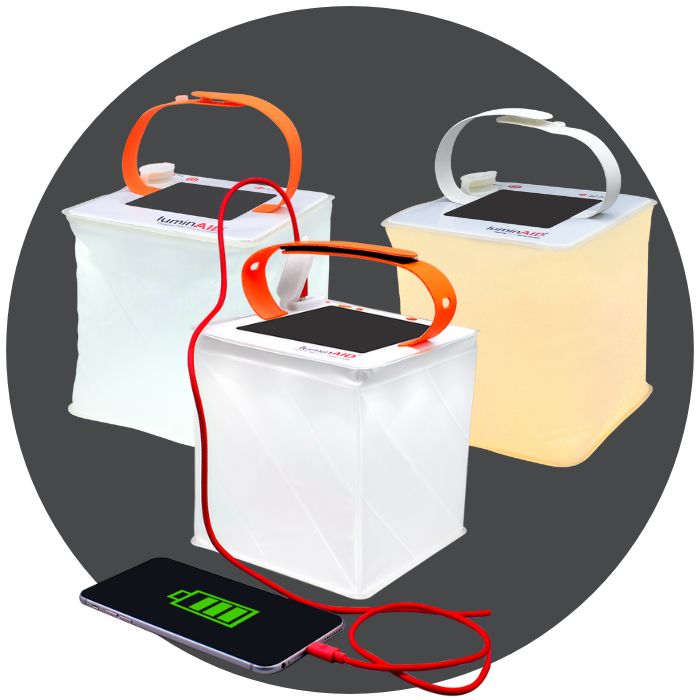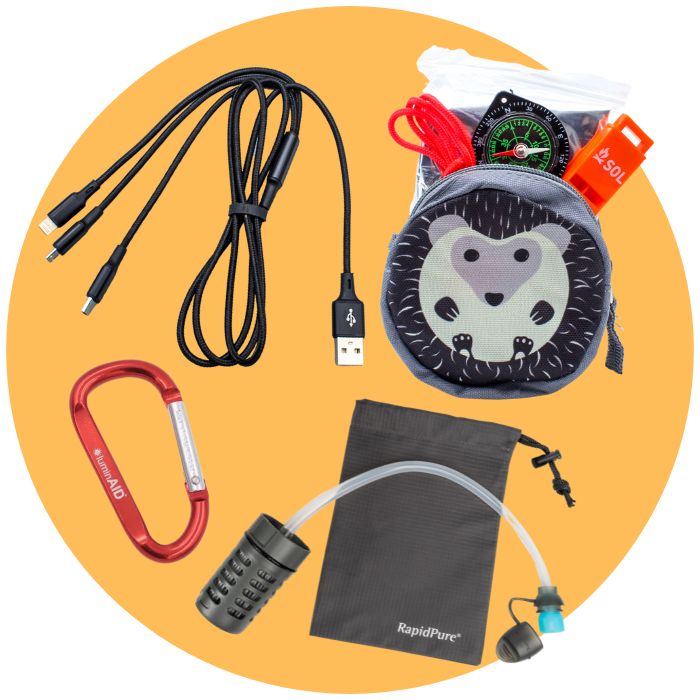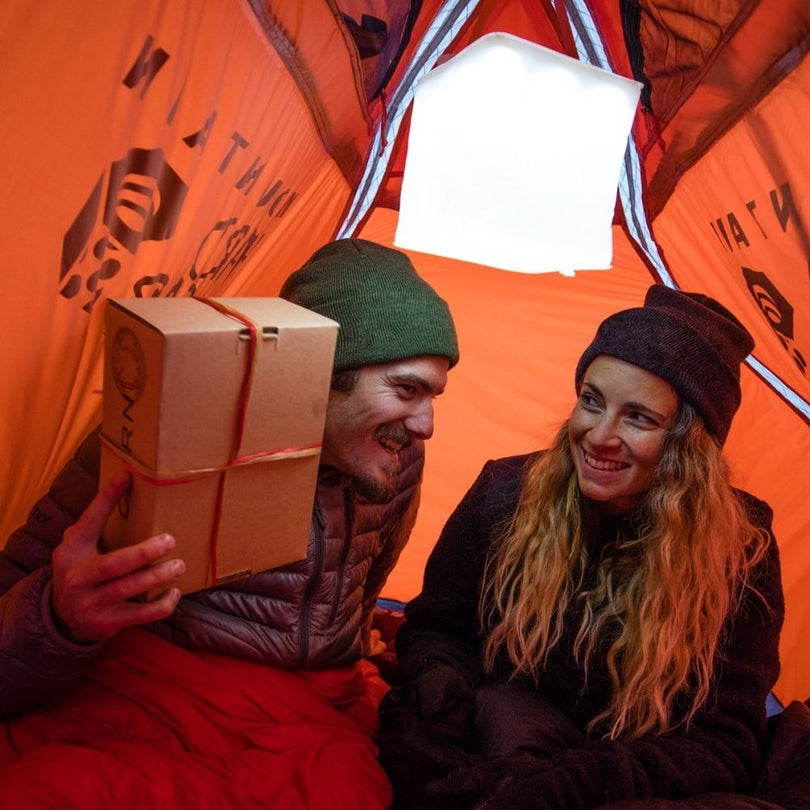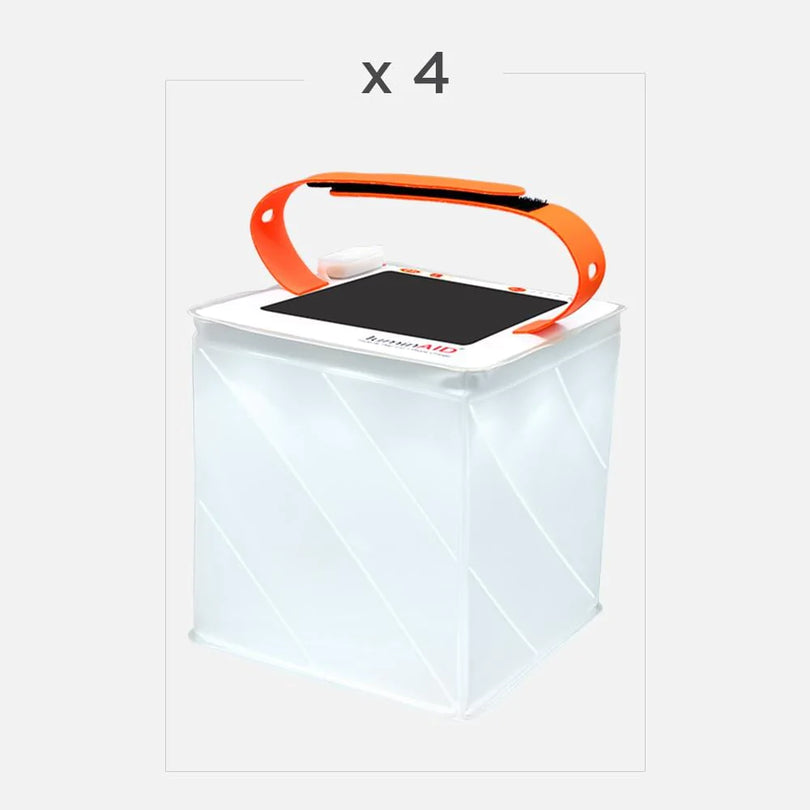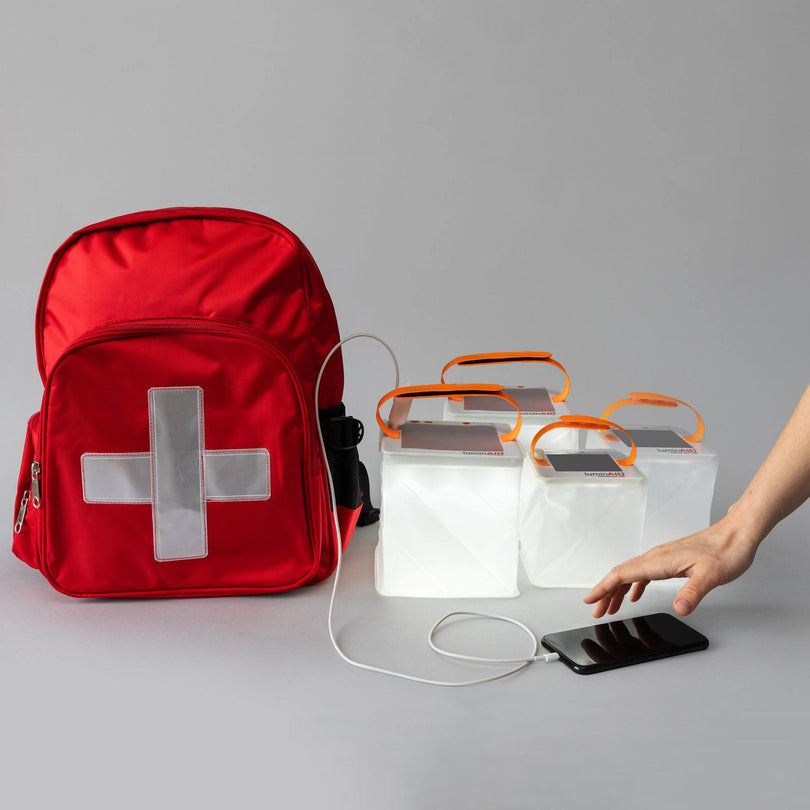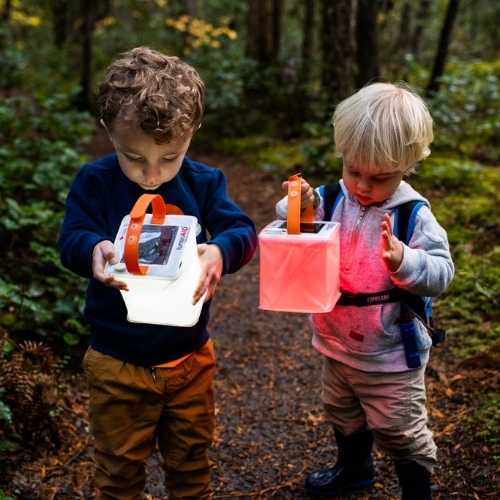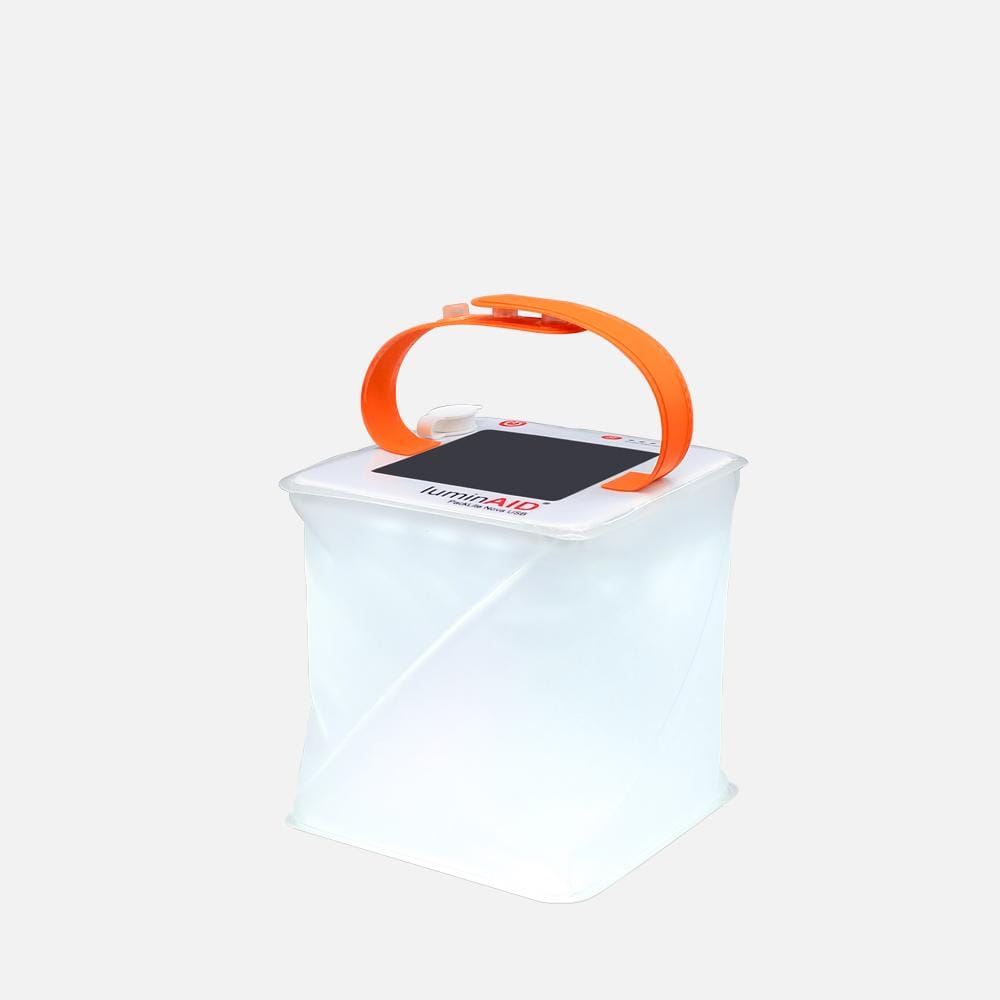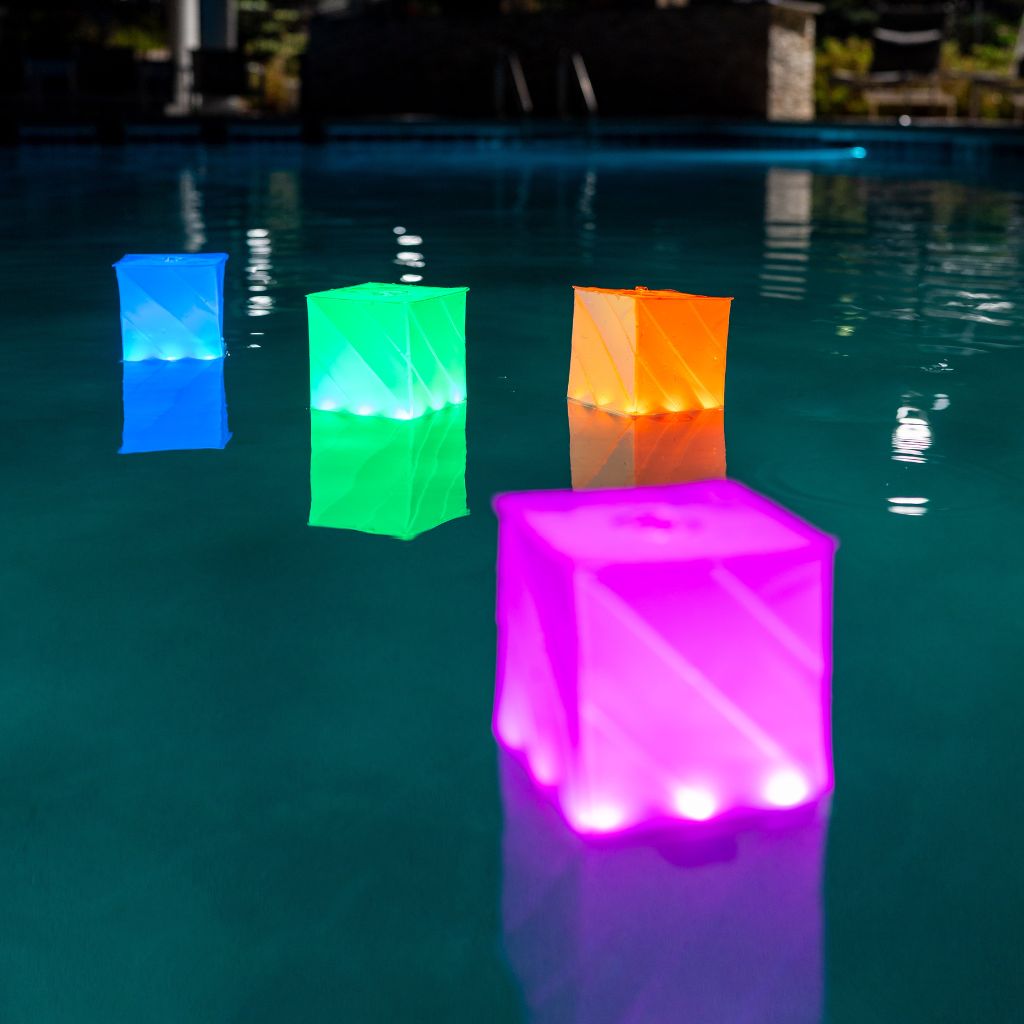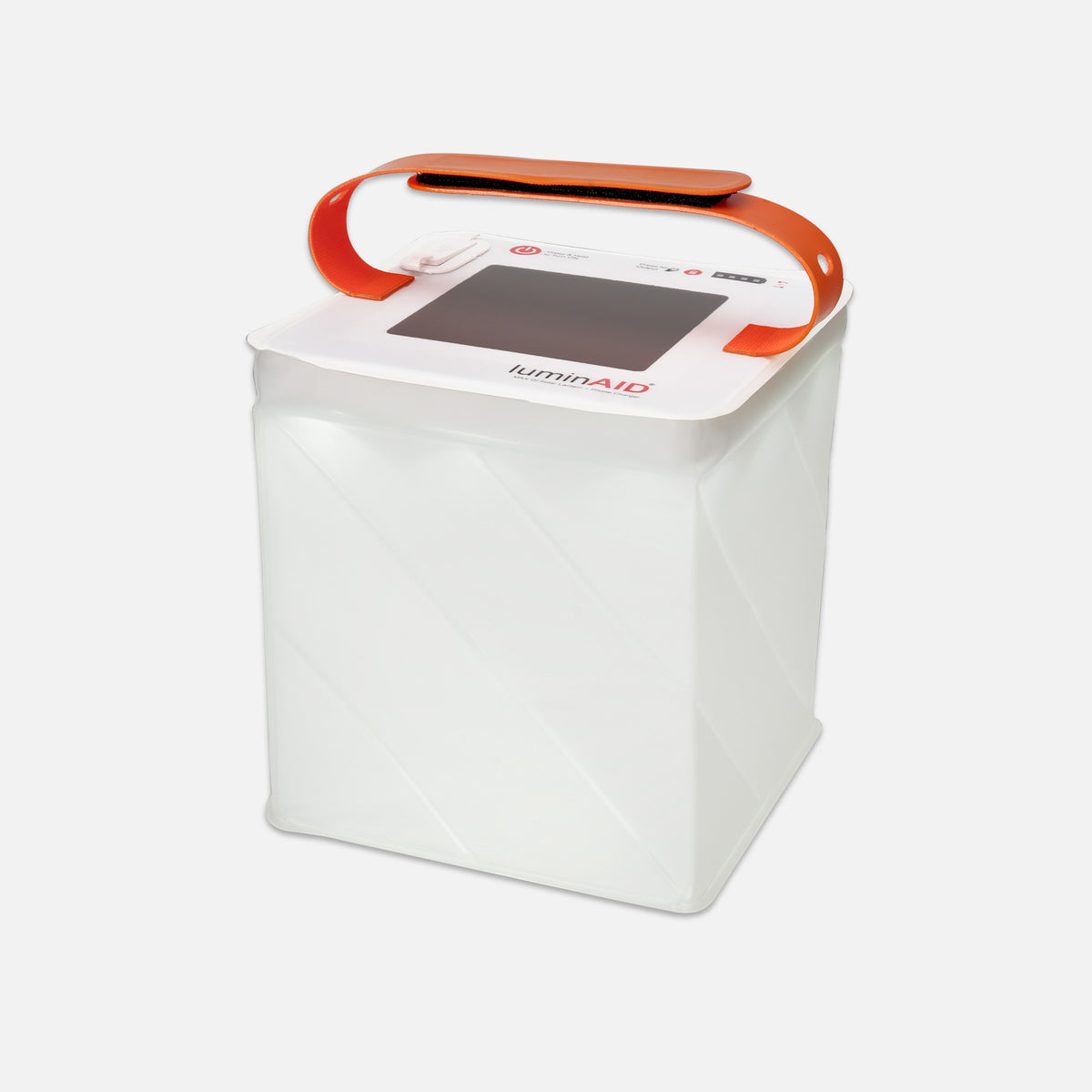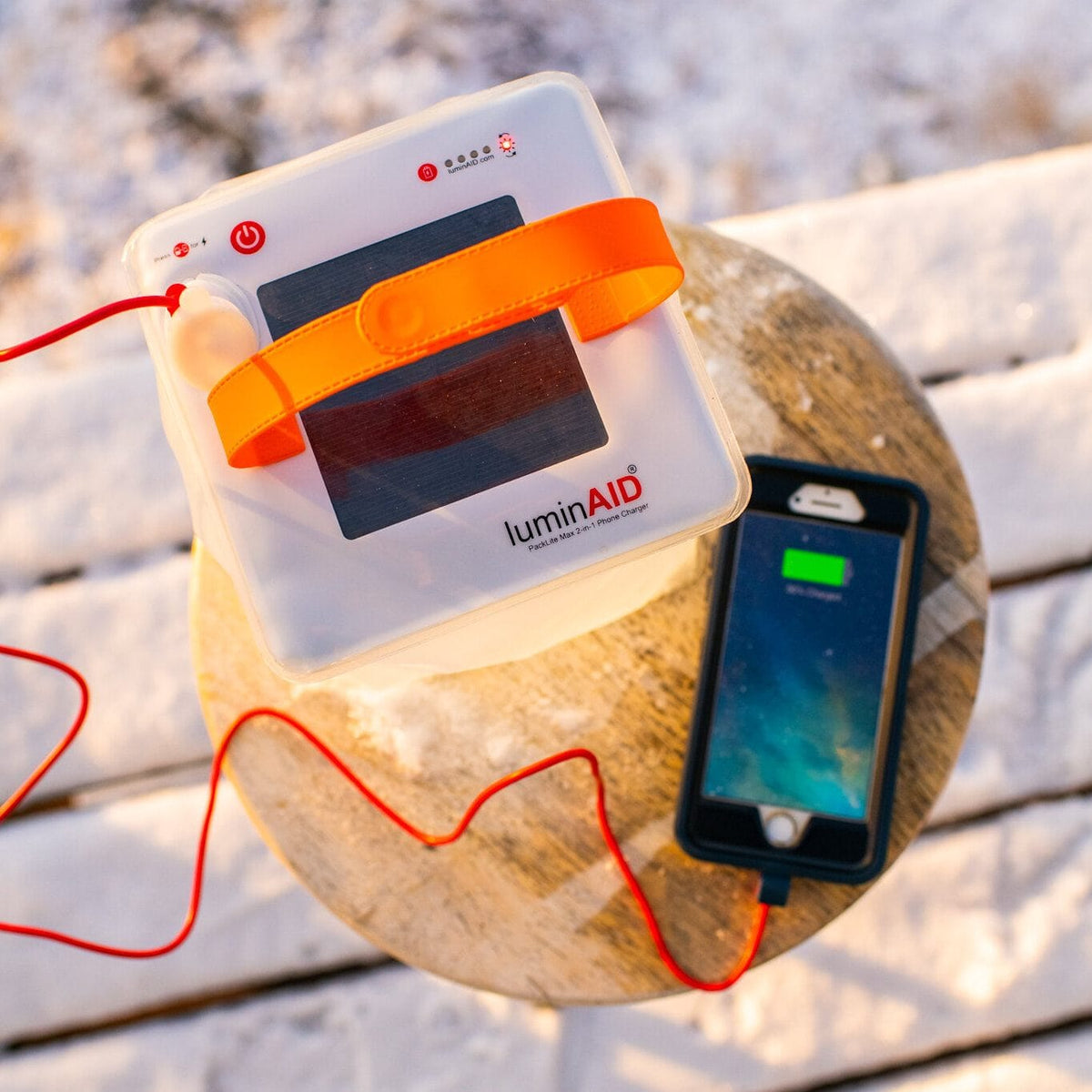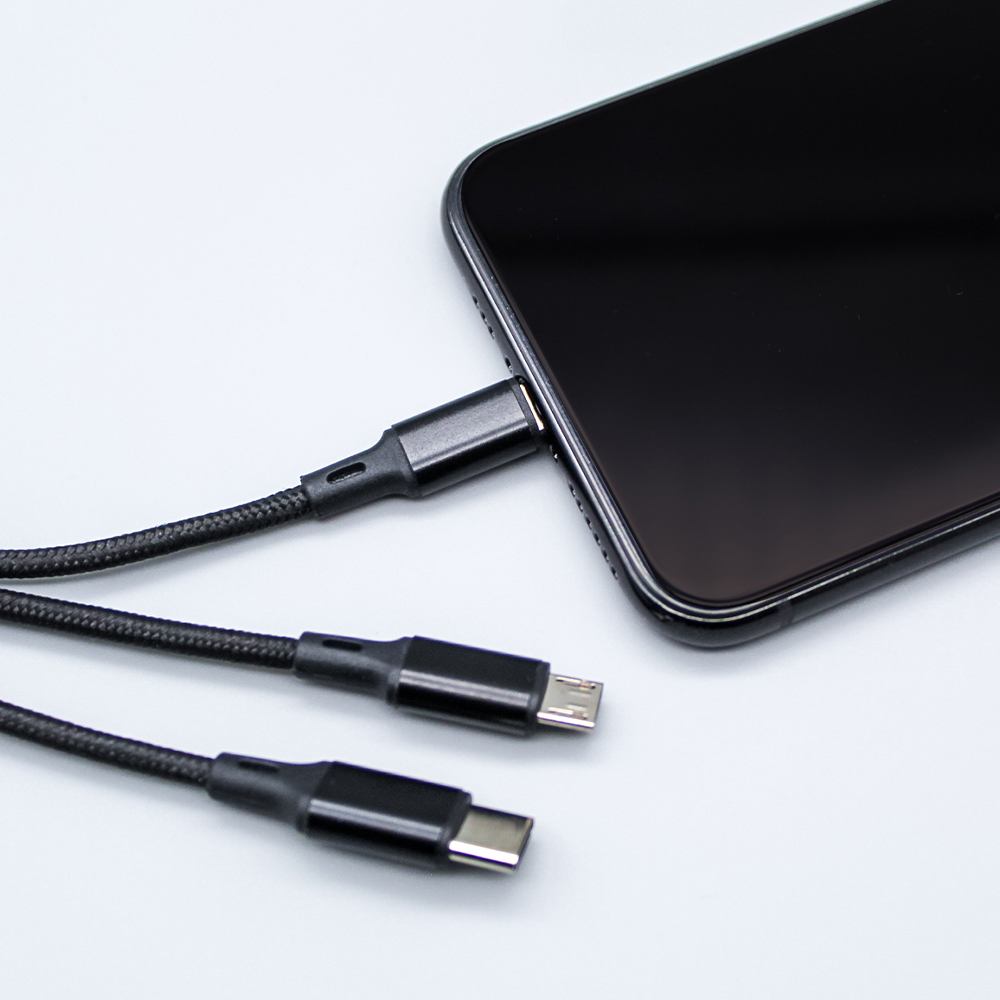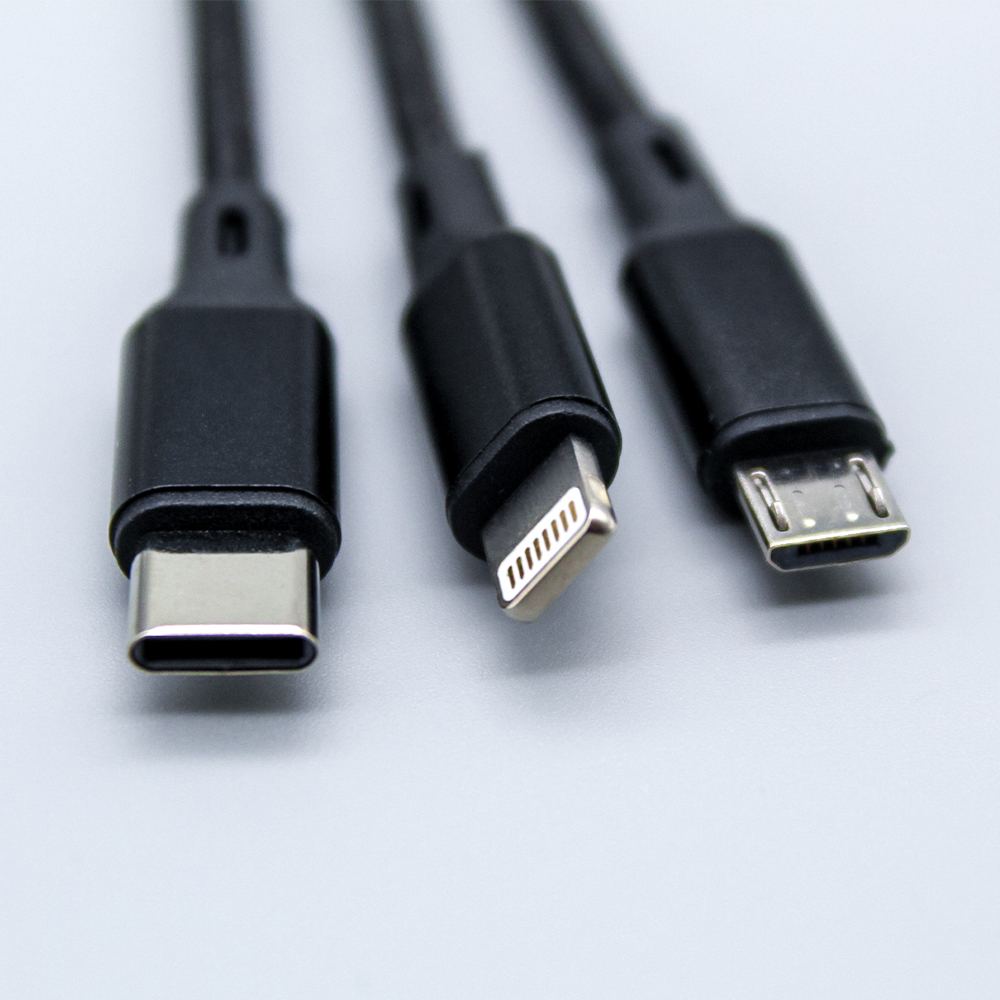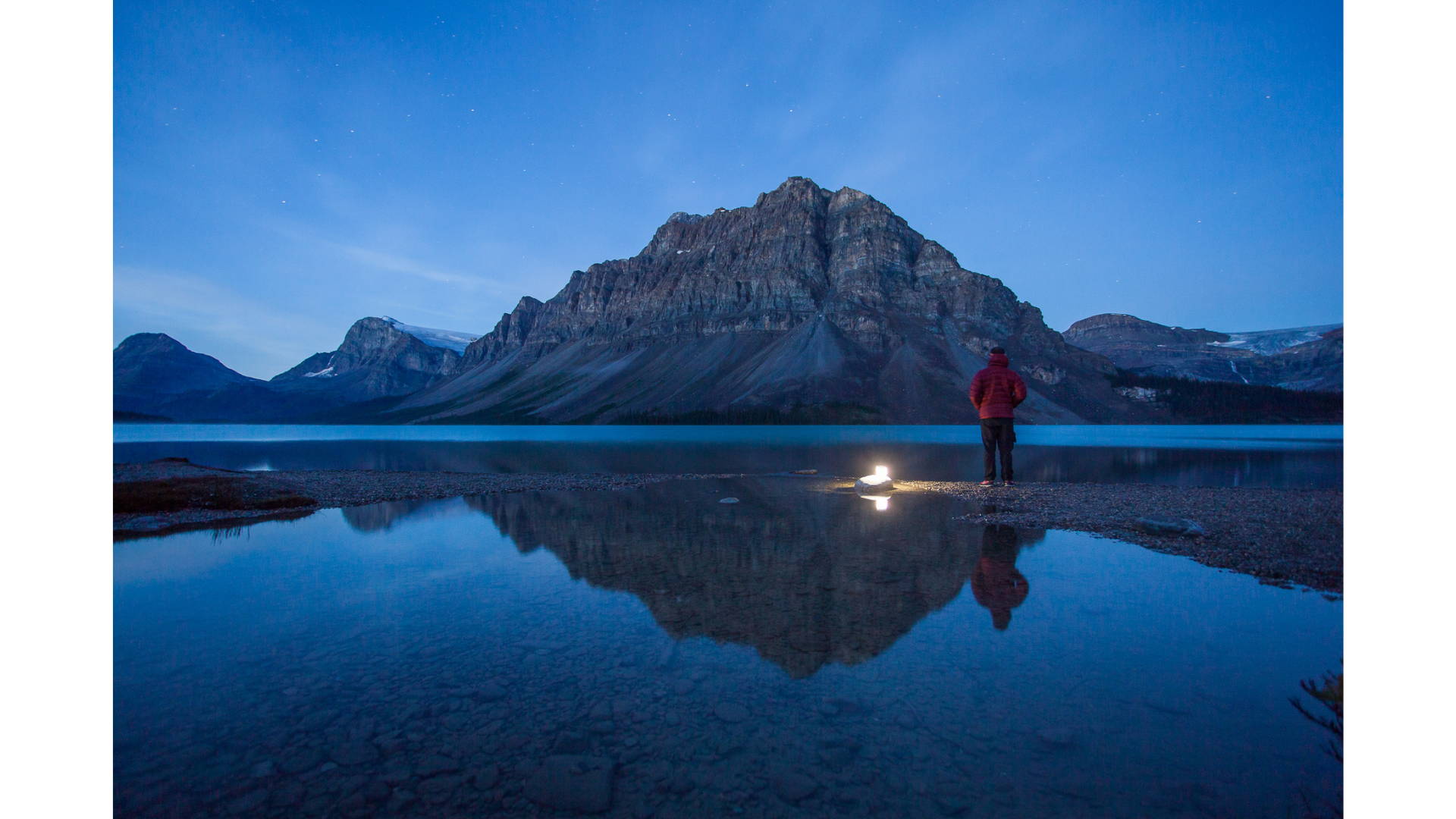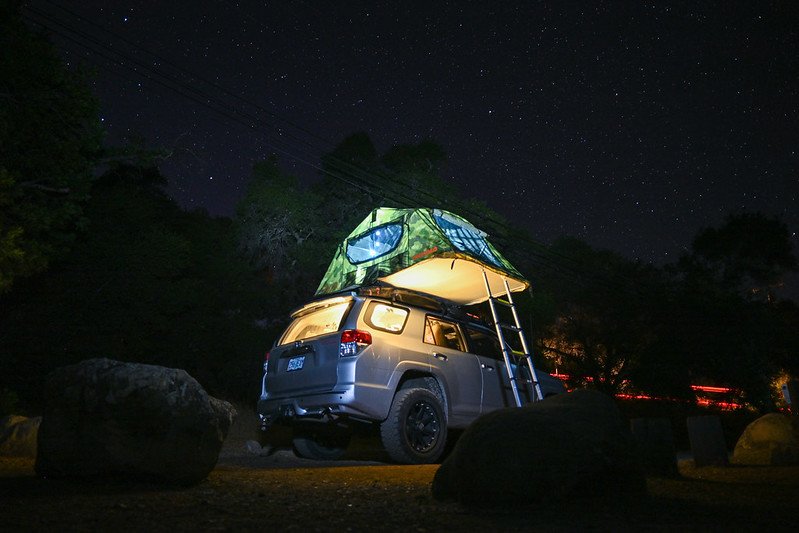Many RV owners feel like they have to connect their vehicle to an electricity and water source whenever they camp. This is not the case!
Dry camping is a great alternative to campground RV camping–it allows campers to move freely wherever they wish, and explore places they wouldn’t encounter on the beaten path.

Dry camping definition
Dry camping is camping in your RV without connecting to water or power hookups. You can dry camp in a campground, parking space, or even your backyard, but the term is often associated with camping in remote locations.
Camping without hookups can also be called dispersed camping, boondocking, and wild camping.
Is dry camping legal?
Yes, as long as you have permission. You can dry camp on any public land, so do your research–look at the breakdown of U.S. public lands for more information.
If you are planning to camp on private property, contact the owner to see if they allow camping. If they don’t, find another place to park for the night.
Dry camping safety
Though RVs provide security and amenities that tents cannot, you should be aware of the safety concerns that are involved.
Most importantly, every RV has a fresh water tank and battery capacity. When dry camping, your access to these resources is limited to what is built into your RV, so you should become familiar with exactly how much water and electricity you can use before you run out.
In fact, plan your trip under the assumption that you’ll use your water and electricity faster than you actually will. This way, you’ll return home with a bit of resources remaining instead of possibly being stranded with no water or power.
Even with these precautions, it’s a great idea to bring a small generator that you can use as backup electricity in the event that your battery dies. A portable solar phone charger is also a great addition to your RV that can be lifesaving when other power sources fail.

Additionally, choose your campsite wisely–if you’re in the woods, be sure to park away from any trees that could fall. Balance this consideration with finding a good amount of shade so the sun doesn’t overheat your RV.
Essential tips
Try it out first
Before you hit the road, try dry camping in your RV where it is normally parked. You will get a better sense of both your vehicle’s and your own limits, and if anything goes awry, home is just a few feet away.
During this practice run, take note of your electricity and water consumption and adjust accordingly. Be sure to take stock of your camping essentials as well.

Get a good source of electricity
There are countless battery configurations possible for your RV, but some are better than others. To maximize your battery life and efficiency, choose a battery that can withstand “deep cycling,” when a battery is almost fully drained before being recharged.
6-volt batteries are ideal for dry camping because they (surprisingly) last longer than 12-volt batteries. Boondockers often attach multiple 6-volt batteries together for maximum run time between charges.
Battery run time greatly varies depending on the appliances you use. Lights and other small electronics don’t drain much battery, but microwaves and air conditioners do. Be sure to account for this when choosing your battery capacity.
Use solar energy
To further conserve battery, you can rely on solar energy for some of your dry camping needs. Light sources and phone chargers both drain your RV battery, and have solar-powered alternatives.
LuminAID’s power lanterns are lights that double as phone chargers. They’re bright, durable, lightweight, compressible, and recharge in the sun. The most powerful lantern has a battery life of 100 hours and can charge 2-3 phones between recharges.
This energy-efficient item takes up no space and has a considerable impact on your RV’s battery life.

Conserve water
Dry camping means you have a limited water supply, so take as many water conservation measures as you can.
The one thing you must always use water for is staying hydrated. Never decrease the amount of water you drink. Instead, conserve water during daily tasks.
Showering
If showering is a necessity, consider taking a Navy shower: wet yourself for 30 seconds, then turn the water off and use shampoo and soap. Then rinse off for another half-minute. You can also invest in a water-saving shower nozzle.
If your fresh water tank is small, consider recycling gray water produced by showering or use waterless shampoo.
Washing Dishes
Instead of keeping the tap running, set aside a small amount of soapy water in a basin, and another amount of clean water. Use these as your washing and rinsing stations.

Bring the right food
Meal planning is essential when dry camping. Be sure to bring foods that aren’t water-intensive to cook or clean up.
Curry and rice is an easy-prep meal that provides lots of energy. Cook the rice beforehand to save water while dry camping. If you let the curry dry on plates, cleanup will be tricky–be sure to wash these dishes right away.
Elevated instant noodles are an easy meal with even easier cleanup. You can add many things, such as eggs, greens, and meat.
Freeze-dried meals are both easy to prepare and easy to clean up. Don’t expect the same taste or texture as a home-cooked meal, but it works in a pinch!
Dispose of black water and trash
Black water is another term for water contaminated with human waste that has passed through a toilet.
Be sure to dispose of black water properly: safe disposal sites are often found at RV parks, gas stations, rest stops, RV dealerships, and sanitation facilities.
If you’re ready to research safe disposal sites, here is an online directory that will be helpful.
Trash disposals can also be found at campgrounds, rest areas, and some establishments. Never dump trash in a non-designated place, and be sure to store it securely in your RV until it can be dumped.
Learn boondocking etiquette
Boondocking allows you more freedom as a camper, but you always need to research permit requirements and area-specific regulations.
If a permit is required, don’t go without one. The fine you’ll pay is much steeper than the price of the permit itself. Be sure to follow local ordinances such as burn bans, so you don’t face dire consequences.
Know the fire safety tips
When you’re dry camping, you must be extremely careful when having fires. Your water supply is limited, and you will likely be in a remote area with flammable foliage and ground cover. Forest fires are easy to start, but can be easily prevented.

Carefully review fire safety tips before starting a fire while dry camping. Namely, choose a safe spot to build the fire, make a fire pit, carefully maintain the fire, and fully extinguish it when you’re done.
Leave no trace
The wilderness is beautiful, so be sure to keep it that way for the next dry camper (or deer) that comes along!
Pick up any litter that you see in the surrounding area, whether it’s from you or someone else. Don’t dump wastewater or sewage anywhere in the wilderness–only dispose of it in the designated place.
Pros and cons of dry camping
Ready for a dry camping trip? Consider these pros and cons.
Pros
- More freedom to camp where you want instead of a designated campsite
- Less noise than a developed campground
- You can be completely alone with nature
Cons
- No access to electricity or water beyond your reserves
- Far away from emergency services and cell coverage
- You must carry your trash and black water until you find a proper disposal site
Summary
Dry camping is a great way to explore wild places unencumbered. It allows for experiences you never thought were possible with an RV, and lets you connect with yourself and nature.
As long as you take the time to plan your trip and test your RV’s capabilities, you’ll be set for wherever your boondocking adventures take you next.

